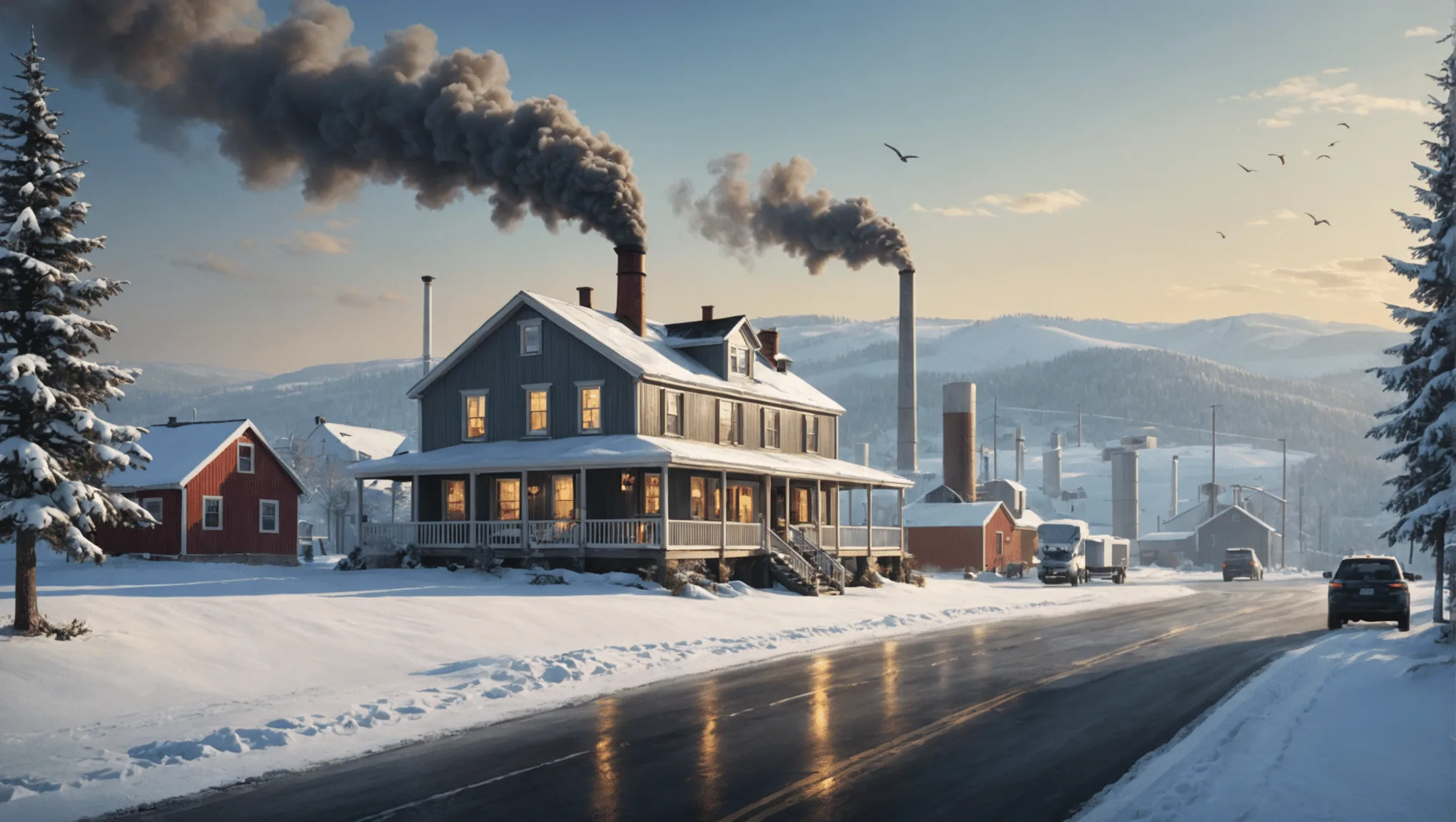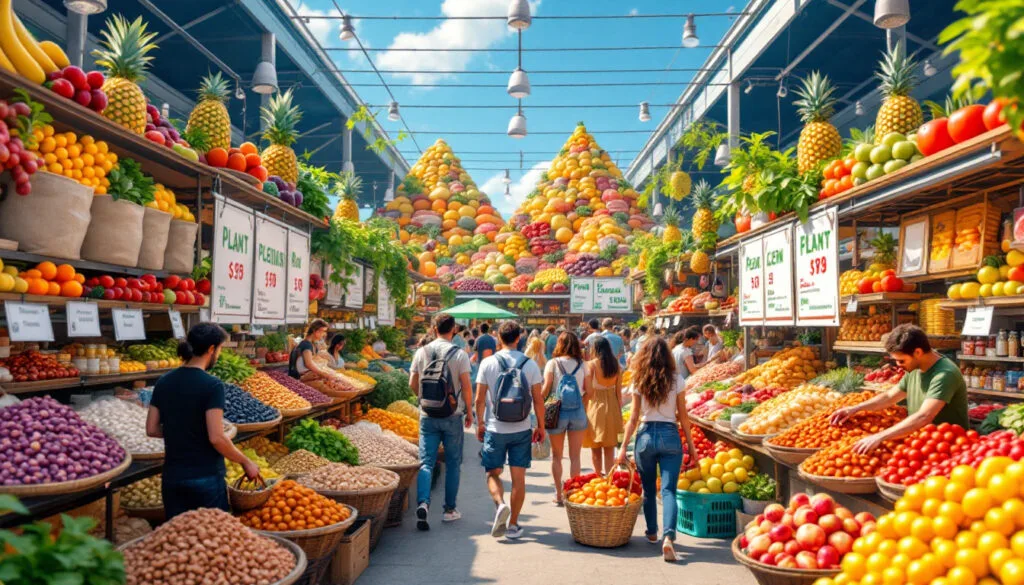At the dawn of winter, the issue of gas supply security takes on a new and unavoidable significance. As temperatures drop and gas demand increases, two key elements emerge as the pillars of this strategy: energy sobriety and the maintenance of sustained imports of liquefied natural gas (LNG). France, while facing a significant reduction in certain imports, must rely on concerted efforts to reduce consumption and on diversified supply channels. Experts agree that rigorous stock management, combined with thoughtful sobriety from both individuals and industries, proves to be a determining factor to weather this challenge. On the other hand, the continuity of LNG imports, notably from Norway, the Netherlands, and Spain, remains necessary to compensate for the losses of gas from other less reliable sources. Our supply architecture is thus strengthened, ensuring sufficient availability to withstand the rigors of winter.

The energy sector is now at the heart of concerns due to major challenges related to gas supply, particularly as winter approaches. Energy sobriety and LNG import strategies are key elements to ensure adequate supply during this critical period. The stakes are multiple: it is about ensuring not only the continuity of services but also achieving sustainability goals and reducing carbon emissions.
Table des matières
ToggleEnergy Sobriety: An Urgent Necessity
According to the latest information provided by gas suppliers in France, it is imperative to maintain efforts for energy sobriety to meet the increased demand during the winter months. Recent statistics indicate that gas consumption has decreased by 3 to 4 TWh on average in recent years, thanks to the efforts of individuals and businesses to reduce energy losses.
To illustrate this necessity, let’s take the example of several industrial companies that have recently implemented energy efficiency strategies. Sectors such as chemicals and paperboard have seen a 4% increase in their gas consumption since the start of the year, making the need for energy-saving measures even more critical. Regular energy audits reveal that modest investments in more efficient infrastructures can generate substantial savings.
GRTGaz and Teréga, two of the main players in gas supply in France, emphasize that the success of this sobriety policy largely relies on collective involvement. Citizen engagement and industrial responsibility are more necessary than ever, as every gesture counts in preserving gas resources for this winter.
LNG Importation: A Pillar for Winter Supply
To support sobriety efforts, maintaining LNG imports is equally crucial. LNG import capacities in Europe are expected to increase by 13% by the end of 2024, according to market forecasts. This strengthening allows for compensation of a portion of the decrease in Russian gas imports, which have been cut by 70% due to sanctions.
It is interesting to note that in 2023, LNG accounted for 12% of the volumes imported in France. With a maximum import capacity of 1100 TWh, it is vital to utilize these infrastructures to the fullest. In practice, this means raising the usage levels of LNG terminals to 80% or more. Energy officials recommend diversifying supply sources, particularly by continuing to import from countries such as Norway, the Netherlands, and Spain.
To succeed, the establishment of an incentive regulatory framework and partnerships with various LNG suppliers are key steps. For example, some European countries have recently diversified their sources by entering into long-term agreements with liquefied natural gas producers located in North America and other regions.
Innovative Strategies to Ensure Supply
As gas demand continues to evolve, it is essential to consider innovative solutions to guarantee gas supply. Companies must engage in researching new technologies and more efficient storage mechanisms. For instance, combining renewable energies with gas infrastructures could form a highly resilient energy manager.
A often-overlooked angle in this discussion concerns the importance of education and consumer awareness. By promoting a culture of energy conservation, more responsible gas usage behaviors can be encouraged. Targeted communication campaigns could have a significant impact on reducing consumption.
Finally, it is crucial to explore the opportunities offered by biomethane, which accounted for 2% of winter consumption in France during the winter of 2023-2024. While this alone may not fully meet the needs, its large-scale integration into the gas network can relieve the demand for imported gas. The development of new biomethane farms is therefore a step to be seriously considered.
In summary, the winter of 2024-2025 will present considerable challenges. The combination of sobriety efforts and LNG import strategies is essential to ensure reliable supply. With an adequate regulatory framework, investments in infrastructure, and increased awareness around energy conservation, it is possible to ensure that the winter gas situation will unfold under the best conditions, while also initiating a transition towards more sustainable consumption.

La sobriété énergétique est l’un des 4 piliers de la transition écologique et énergétique.
— Agnès Pannier-Runacher 🇫🇷🇪🇺 (@AgnesRunacher) October 21, 2024
Les résultats sont là : -12,7 % de consommation d’énergie pour l'hiver 2023-2024 (par rapport à 2018-2019). C’est moins d’émissions de CO2 et plus de pouvoir d’achat.
La sobriété est… pic.twitter.com/pglEgDxsww
FAQ on Gas Supply this Winter
What are the key factors for ensuring gas supply this winter? Key factors include energy sobriety, maintaining LNG imports, and rigorous management of gas stocks.
Why is energy sobriety essential? Sobriety is crucial to reduce gas consumption, which helps to cope with a potential supply decrease and ensures resources are sufficient in case of severe cold.
What role do LNG imports play? LNG imports are crucial to offset the reduction in Russian gas imports and to meet national demand during the winter.
What are the gas storage capacities in France? As of the mentioned date, gas stocks in France were filled to 95%, equivalent to about 1000 TWh, which is an important safety level for winter.
What is the importance of biomethane production this winter? Although biomethane production represented only 2% of winter consumption, it can help diversify supply sources and improve energy autonomy.
What is the projected gas consumption for this winter? If sobriety efforts are maintained, simulations show that the gas system is able to supply French consumers, regardless of the severity of winter.
How does industrial consumption impact supply? The recovery of gas consumption by industrials, particularly in sectors like chemicals and paperboard, requires increased vigilance to balance supply and demand.





